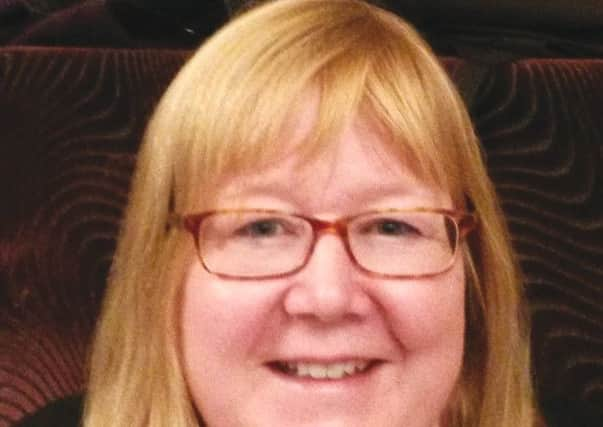Let's talk Parkinson's in Benbecula


Cathy Orr, the charity’s Development Manager and Local Adviser for the north of Scotland, will be holding an informal drop-in information event in the Balivanich Community Clinic from 5-8pm on Wednesday 6 September.
Cathy will be joined at the event by the NHS Western Isles Parkinson’s specialist nurse - Angie MacLeod. Anyone affected by or with an interest in Parkinson’s is welcome to drop in for a chat. Light refreshments will be available.
Advertisement
Hide AdAdvertisement
Hide AdCathy Orr, Parkinson’s UK Area Development Manager and Local Adviser, said: “Parkinson’s UK wants to hear from as many people affected by Parkinson’s in the Western Isles as possible. Our visit will help spread the word about the support that’s available locally and from further afield. I would encourage anyone affected by, or with an interest in, Parkinson’s to come along and say hello to Angie and me. We’ll make everyone welcome.”
Parkinson’s is a progressive neurological condition. This means that over time parts of the brain function less well.
Because our population is aging as people are living longer Parkinson’s is becoming more common and there are now around 11,000 people in Scotland with the condition.
Symptoms typically appear when people are between 50 and 60 years old. However, in some cases, Parkinson’s can be diagnosed much earlier, which is known as Early Onset Parkinson’s. It is unusual to find more than one person in a family with Parkinson’s, although researchers believe that the condition can sometimes (in around 5% of cases) be inherited.
Advertisement
Hide AdAdvertisement
Hide AdIn the human body, the chemical Dopamine helps in the transmission of signals in the brain and other vital areas. People with Parkinson’s don’t have enough of this chemical and this lack of Dopamine means that people have difficulty controlling their movements as well as many other symptoms.
The three most common symptoms of Parkinson’s are:
• Rest tremor: this is a tremor that develops when the body/muscle is relaxed. The tremor will normally begin on one side of the body and sometimes progresses to both sides.
• Slowness of movement (bradykinesia): people with Parkinson’s may find that mobility and and performing everyday tasks can be difficult.
• Stiff and inflexible muscles: rigid muscles can make it difficult to do everyday tasks and can also be painful. Some people have problems turning around, getting out of a chair or making fine finger movements such as fastening buttons or tying laces. Some people find that their posture becomes stooped or their face’s become stiff, so it’s harder to make facial expressions.
Advertisement
Hide AdAdvertisement
Hide AdThere’s currently no cure for Parkinson’s though treatments are available to help reduce the main symptoms and maintain quality of life.
Cathy will be able to speak to people at the event on a confidential one-to-one basis and anyone wanting to contact Cathy about her visit can reach her on 0344 225 9831. Further information is also available from Angela Macleod, NHS Western Isles Parkinson’s Nurse Specialist, Stornoway Health Centre, Springfield Road, Stornoway. Tel. 01851 763301 or email: [email protected]